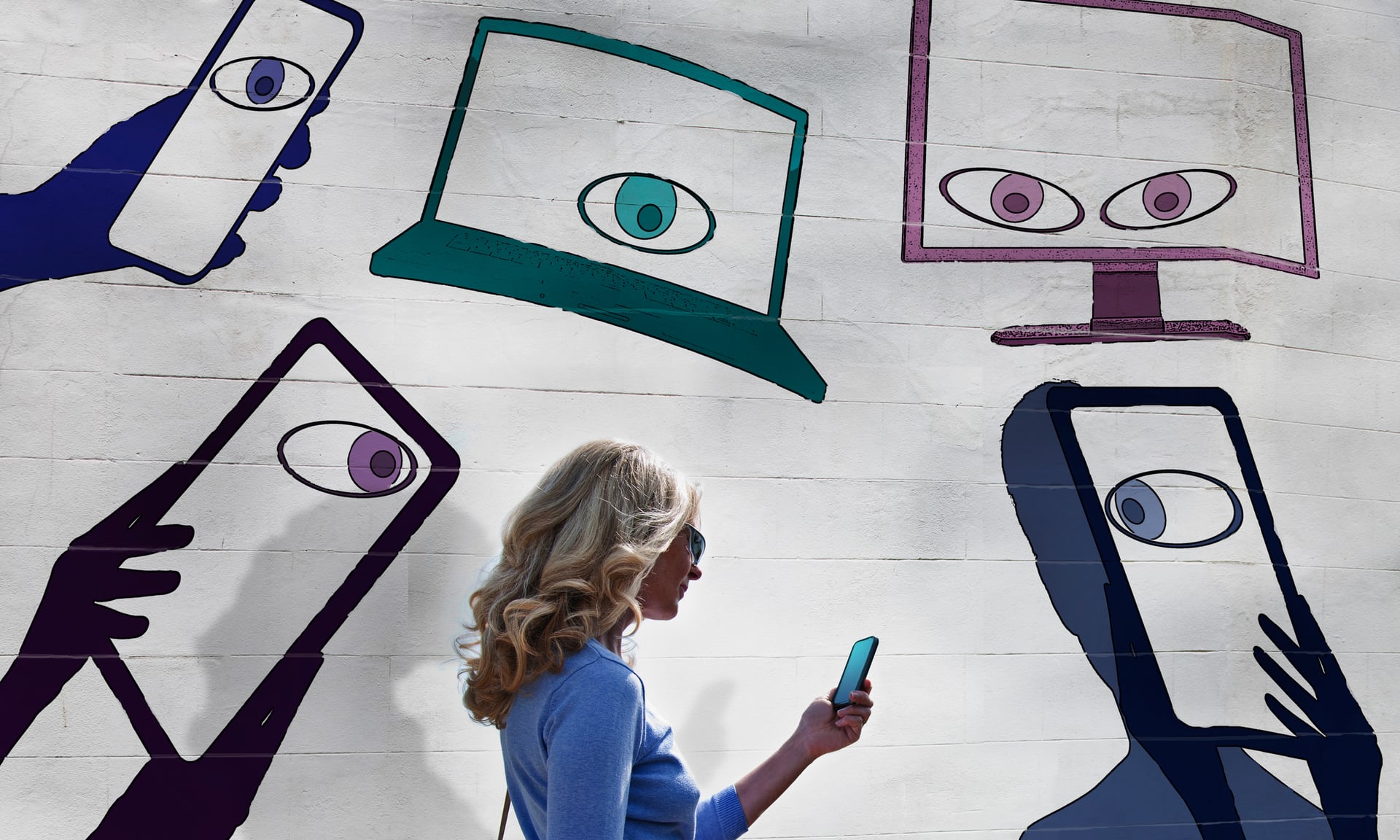10 Years After Snowden’s First Leak, What Have We Learned?
The world got a first glimpse into the US government’s far-reaching surveillance of American citizens’ communications — namely, their Verizon telephone calls — 10 years ago this week when Edward Snowden’s initial leaks hit the press. […] In the decade since then, “reformers have made real progress advancing the bipartisan notion that Americans’ liberty and security are not mutually exclusive,” [US Senator Ron Wyden (D-OR)] said. “That has delivered tangible results: in 2015 Congress ended bulk collection of Americans’ phone records by passing the USA Freedom Act.” This bill sought to end the daily snooping into American’s phone calls by forcing telcos to collect the records and make the Feds apply for the information.
That same month, a federal appeals court unanimously ruled that the NSA’s phone-records surveillance program was unlawful. The American Civil Liberties Union (ACLU) and the New York Civil Liberties Union sued to end the secret phone spying program, which had been approved by the Foreign Intelligence Surveillance Court, just days after Snowden disclosed its existence. “Once it was pushed out into open court, and the court was able to hear from two sides and not just one, the court held that the program was illegal,” Ben Wizner, director of the ACLU Speech, Privacy and Technology project, told The Register. The Freedom Act also required the federal government to declassify and release “significant” opinions of the Foreign Intelligence Surveillance Court (FISC), and authorized the appointment of independent amici — friends of the court intended to provide an outside perspective. The FISC was established in 1978 under the FISA — the legislative instrument that allows warrantless snooping. And prior to the Freedom Act, this top-secret court only heard the government’s perspective on things, like why the FBI and NSA should be allowed to scoop up private communications.
“To its credit, the government has engaged in reforms, and there’s more transparency now that, on the one hand, has helped build back some trust that was lost, but also has made it easier to shine a light on surveillance misconduct that has happened since then,” Jake Laperruque, deputy director of the Center for Democracy and Technology’s Security and Surveillance Project, told The Register. Wyden also pointed to the sunsetting of the “deeply flawed surveillance law,” Section 215 of the Patriot Act, as another win for privacy and civil liberties. That law expired in March 2020 after Congress did not reauthorize it. “For years, the government relied on Section 215 of the USA Patriot Act to conduct a dragnet surveillance program that collected billions of phone records (Call Detail Records or CDR) documenting who a person called and for how long they called them — more than enough information for analysts to infer very personal details about a person, including who they have relationships with, and the private nature of those relationships,” Electronic Frontier Foundation’s Matthew Guariglia, Cindy Cohn and Andrew Crocker said.
James Clapper, the former US Director of National Intelligence, “stated publicly that the Snowden disclosures accelerated by seven years the adoption of commercial encryption,” Wizner said. “At the individual level, and at the corporate level, we are more secure.”“And at the corporate level, what the Snowden revelations taught big tech was that even as the government was knocking on the front door, with legal orders to turn over customer data, it was breaking in the backdoor,” Wizner added. “Government was hacking those companies, finding the few points in their global networks where data passed unencrypted, and siphoning it off.” “If you ask the government — if you caught them in a room, and they were talking off the record — they would say the biggest impact for us from the Snowden disclosures is that it made big tech companies less cooperative,” he continued. “I regard that as a feature, not a bug.”
The real issue that the Snowden leaks revealed is that America’s “ordinary system of checks and balances doesn’t work very well for secret national security programs,” Wizner said. “Ten years have gone by,” since the first Snowden disclosures, “and we don’t know what other kinds of rights-violating activities have been taking place in secret, and I don’t trust our traditional oversight systems, courts and the Congress, to ferret those out,” Wizner said. “When you’re dealing with secret programs in a democracy, it almost always requires insiders who are willing to risk their livelihoods and their freedom to bring the information to the public.”

 “An ambitious project to blanket New York and London with ultrafast Wi-Fi via so-called “smart kiosks,” which will replace obsolete public telephones, are the work of a Google-backed startup.
“An ambitious project to blanket New York and London with ultrafast Wi-Fi via so-called “smart kiosks,” which will replace obsolete public telephones, are the work of a Google-backed startup.
